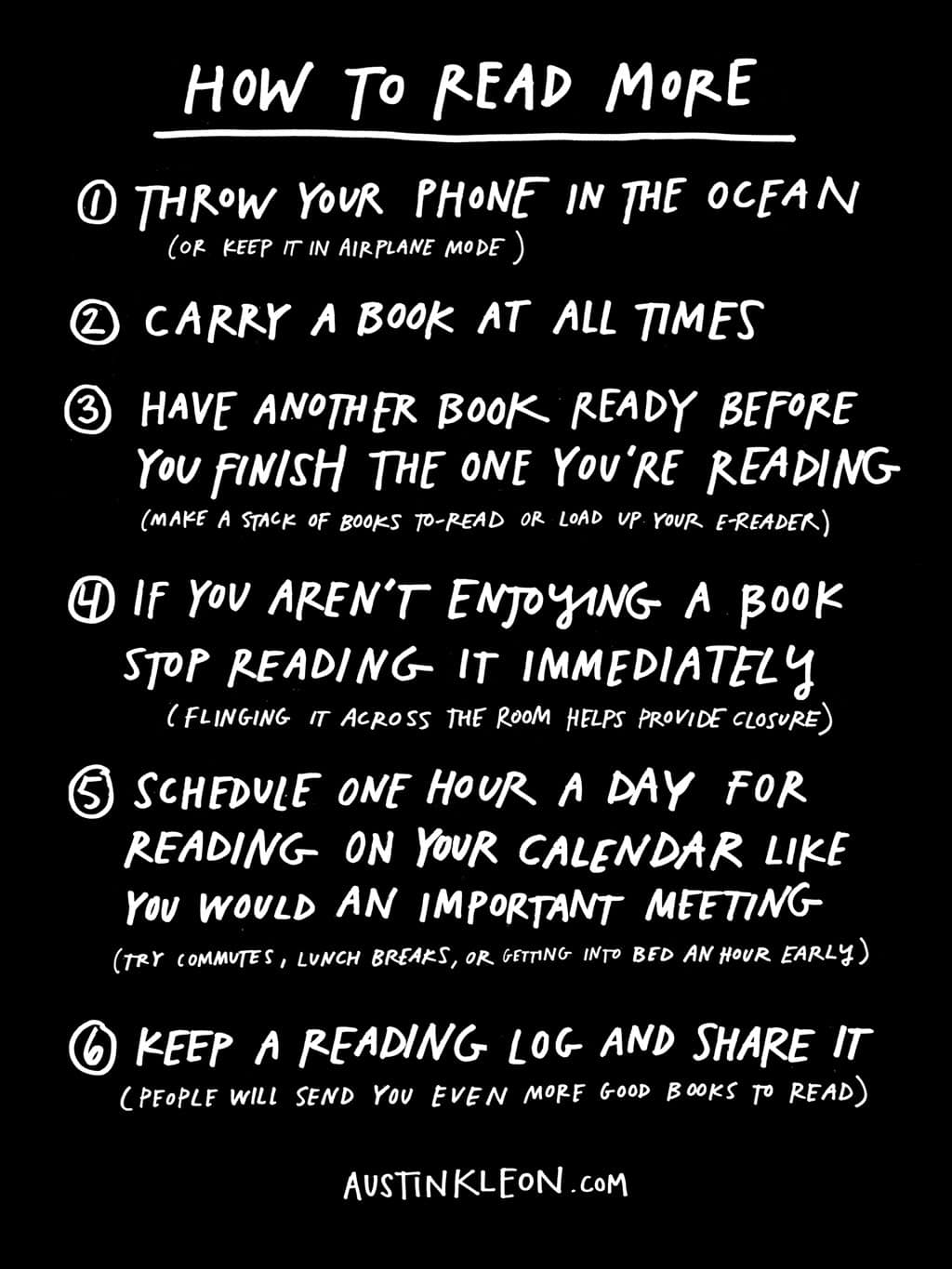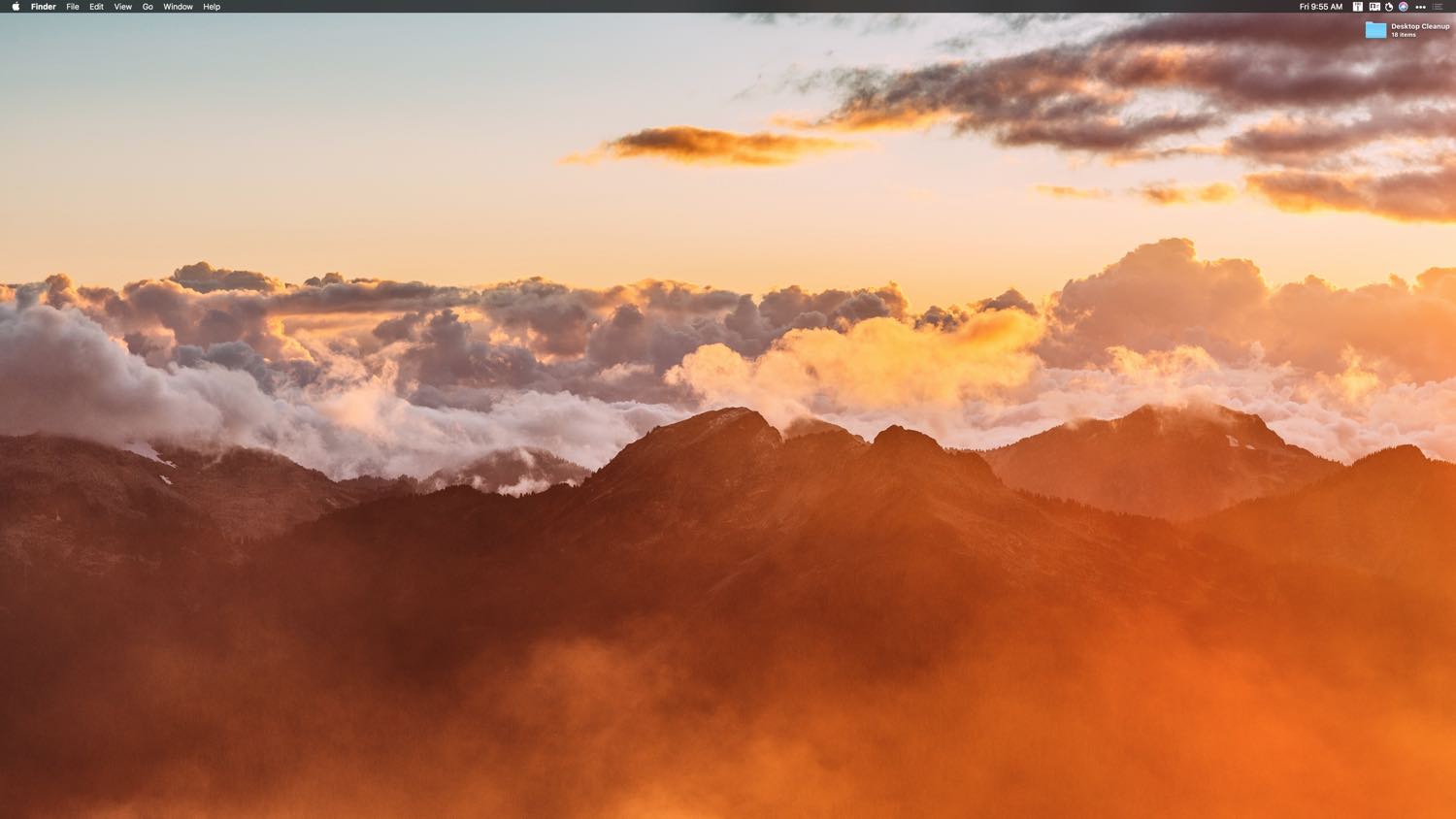Speaking of reading more, Srinivas Rao has some practical advice on how to synthesize what you read and have that information impact your life. If you’re feeling creatively dry — or if your creative output has been lacking of late — getting into a regimen of taking action on what you read is a great way to start improving your output.
Herbert Spencer said that “the great aim of knowledge is not education but action.” The things we learn should impact how we spend our time, what our behavior is, the things we create, and more.
But, gosh, it sure is time consuming to bridge that gap between reading and applying.
There is no such thing as an “easy” or “convenient” way to capture ideas, remember them, and take action on them. Highlighting something in Instapaper feels nice, but it’s only the first — and easiest — step.
If I do say so myself, I have a pretty neat system for how I read books, organize the bits of inspiration, and then digitize and categorize it. (See also how I use Ulysses, which is the app that serves as the backbone to the organization of my book notes.)
All this effort takes time and energy. But, guess what? That’s the point. Immersion, study, synthesization, and application are work. And they are worthwhile work.
Rao’s final point is the key takeaway here, and possibly the biggest stumbling block:
Implement What you Read, but Start Small: One of the major reasons people fail to implement what they read into their lives is they bite off more than they can chew. They read some book and attempt a massive overhaul of their life. Because this isn’t sustainable, they usually find themselves right back where they started. They assume the ideas in the book don’t work and start looking for the next book to read
When I start a book, I am only looking for one good idea (maybe two at the most). Not because I have a low bar of expectation for the book, but because I only have the capacity to grasp and act on one new idea at a time.
For example, earlier this year I read Profit First. And it was jam packed with great ideas that I wanted to do right away for my business finances. But I started with just one: setting aside 1% of gross revenue as “profit” every single month. 1% is practically a rounding error, so it’s mostly just about getting into the habit. And starting next month, we’re increasing that amount to 5% plus implementing some more of the alternate accounting methods.

